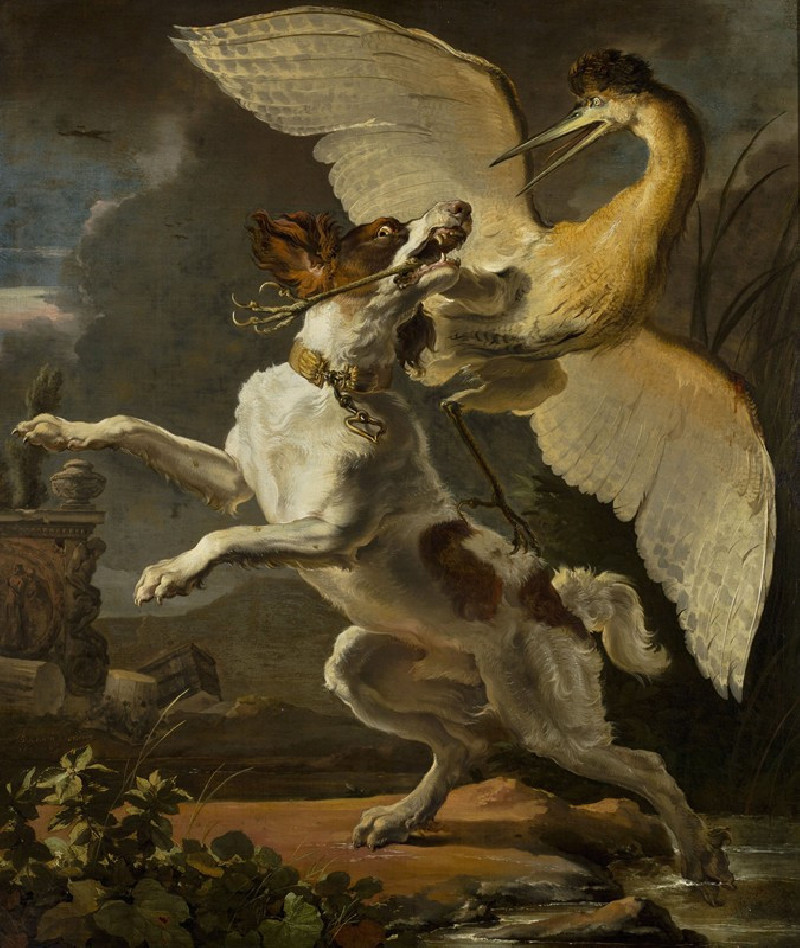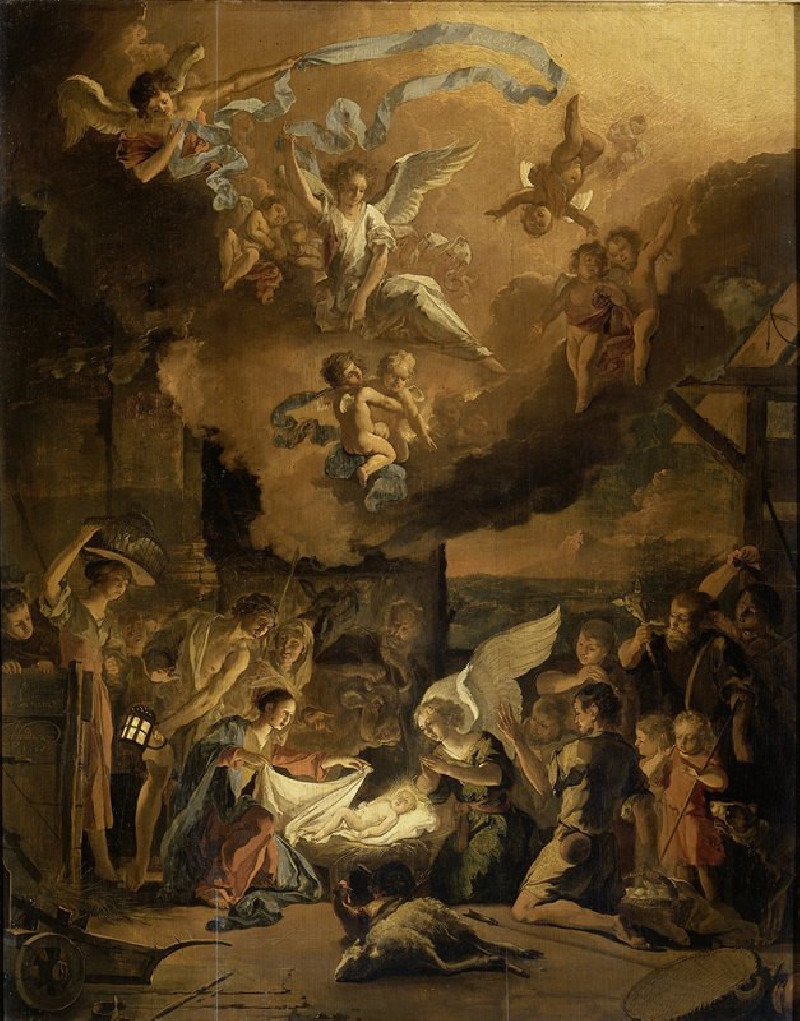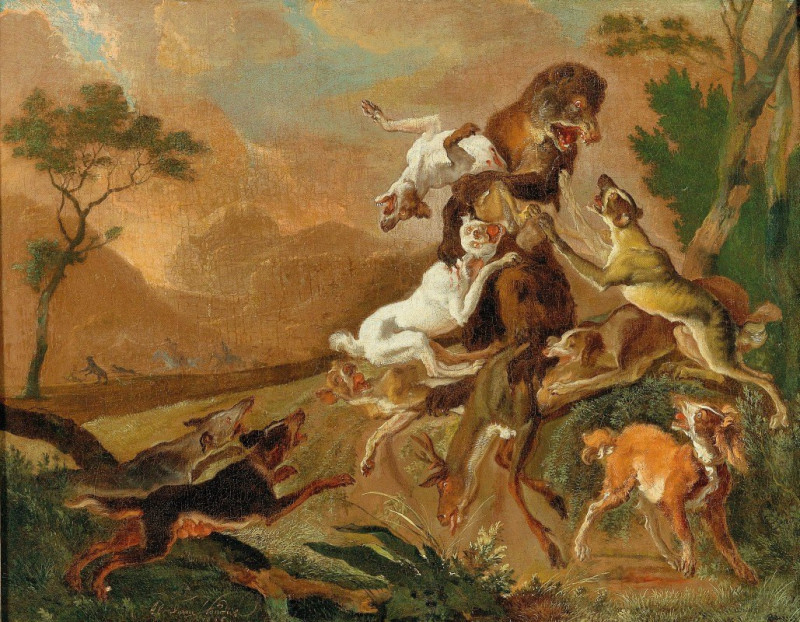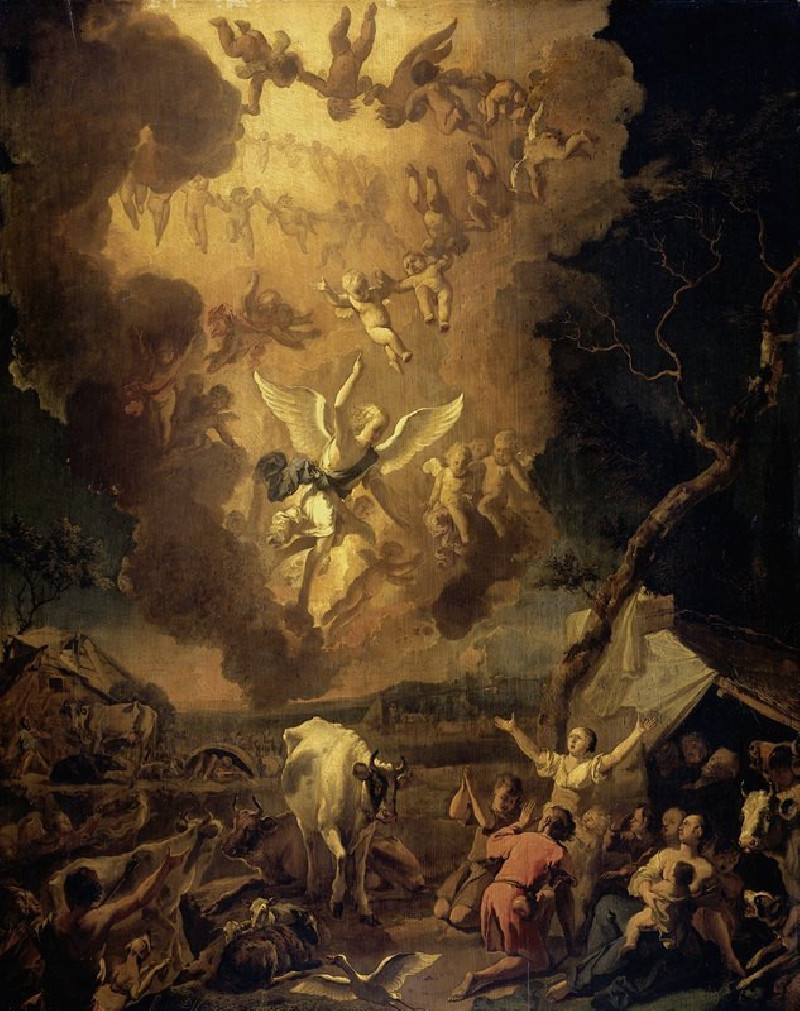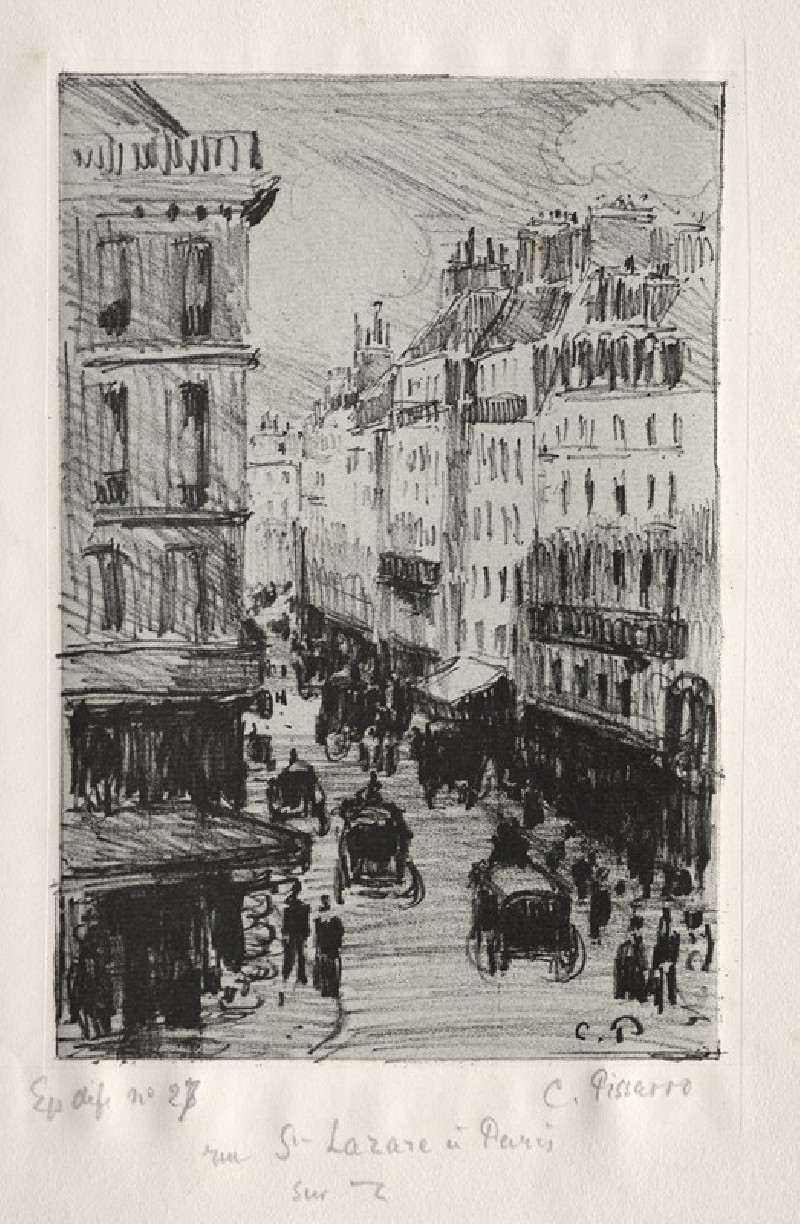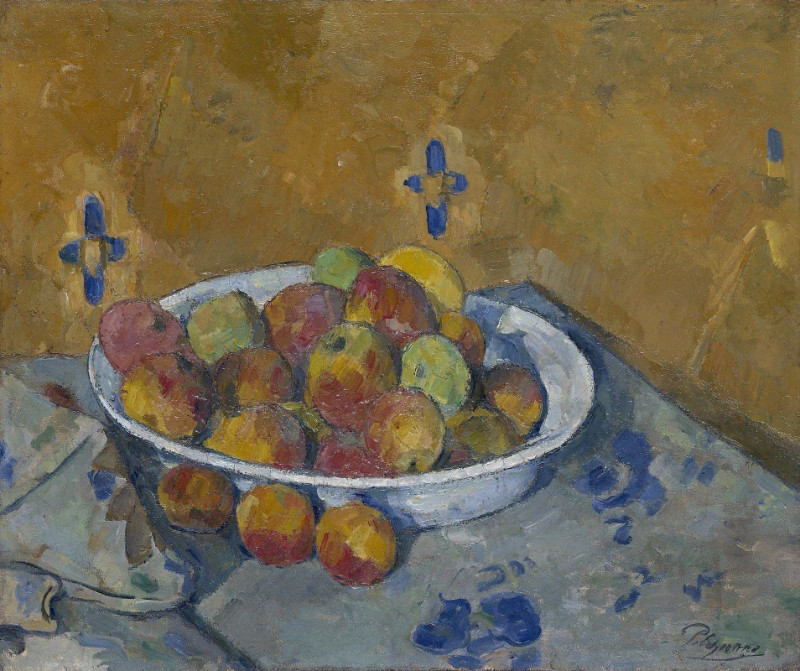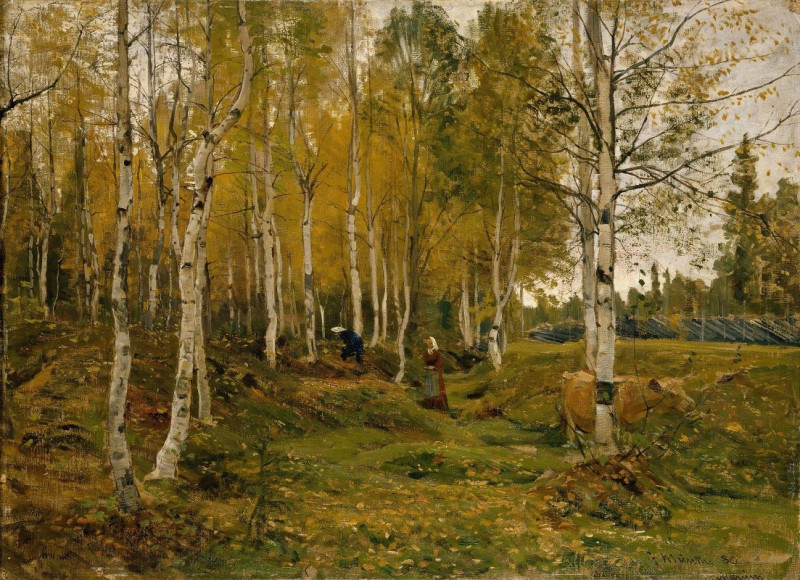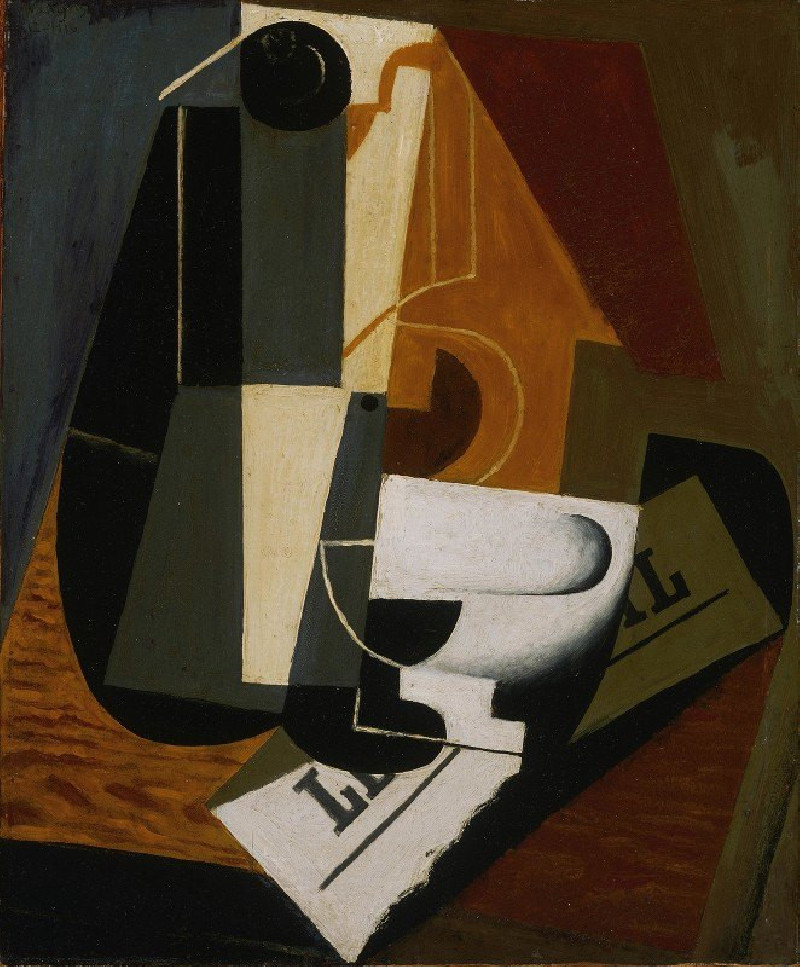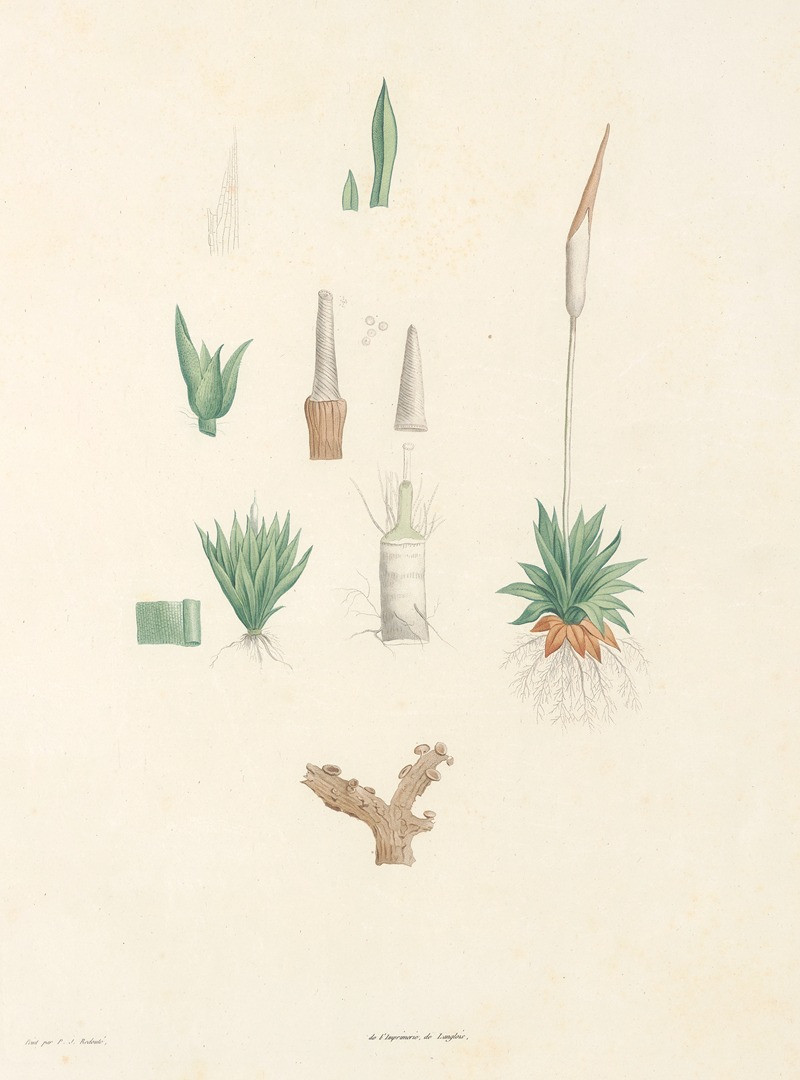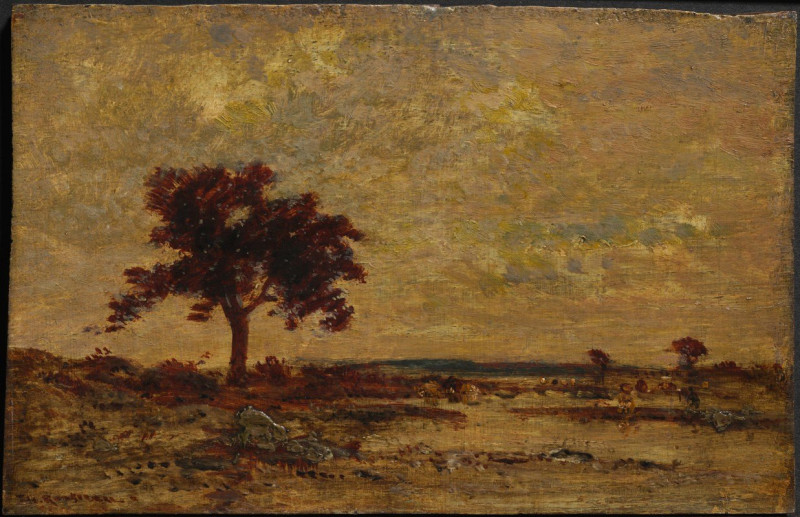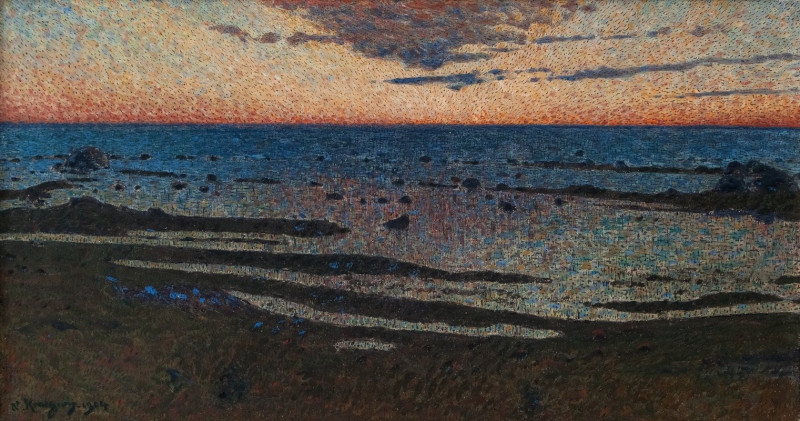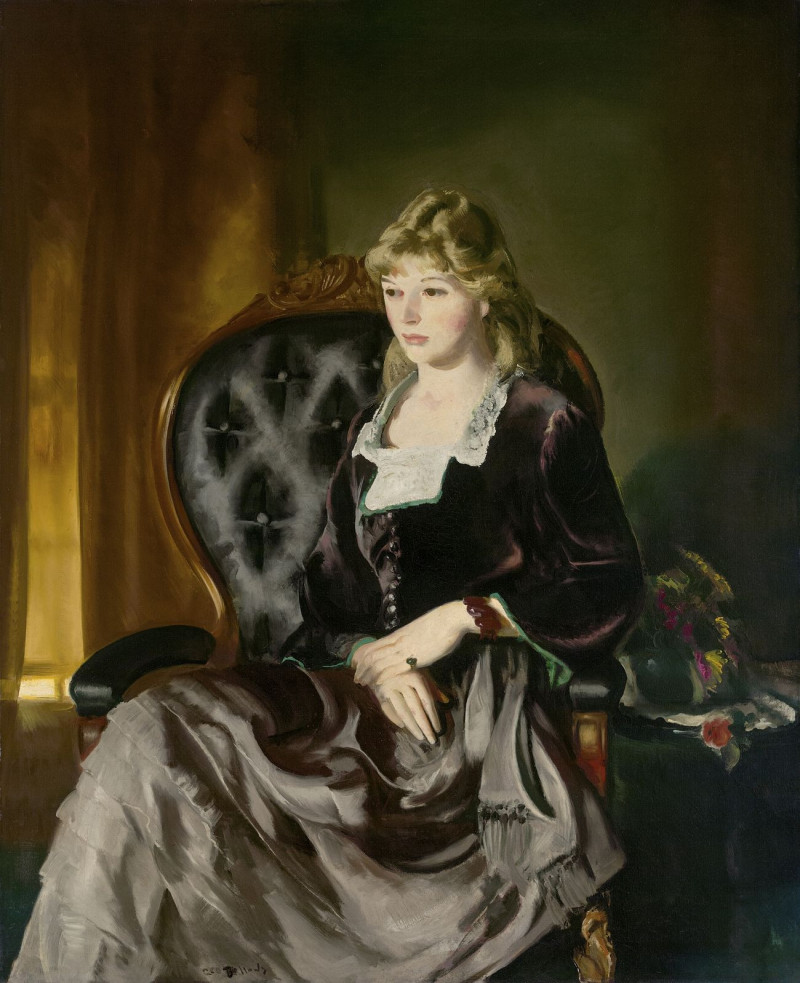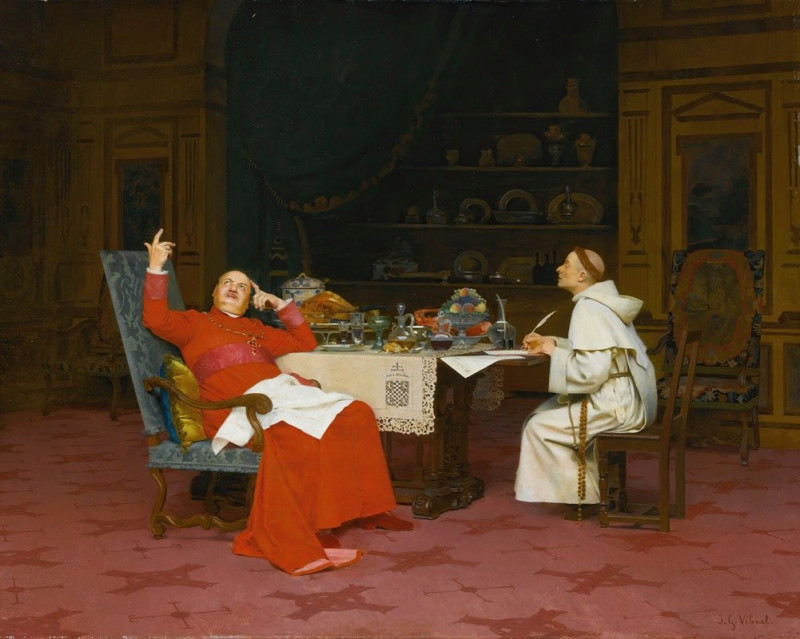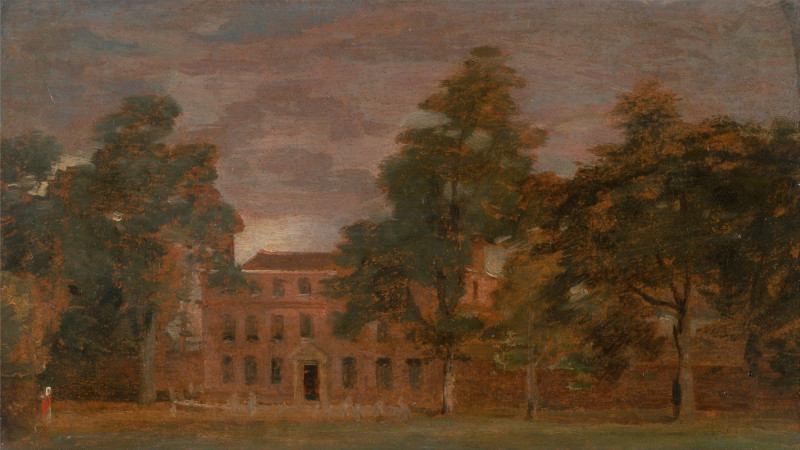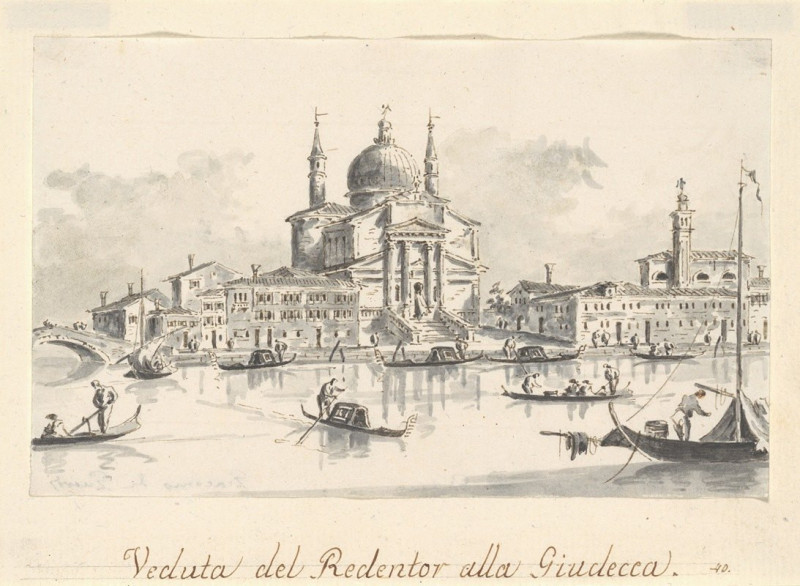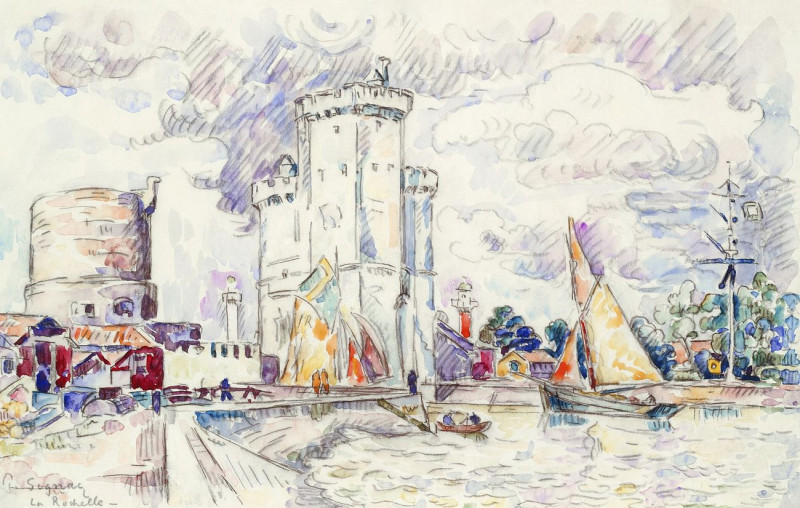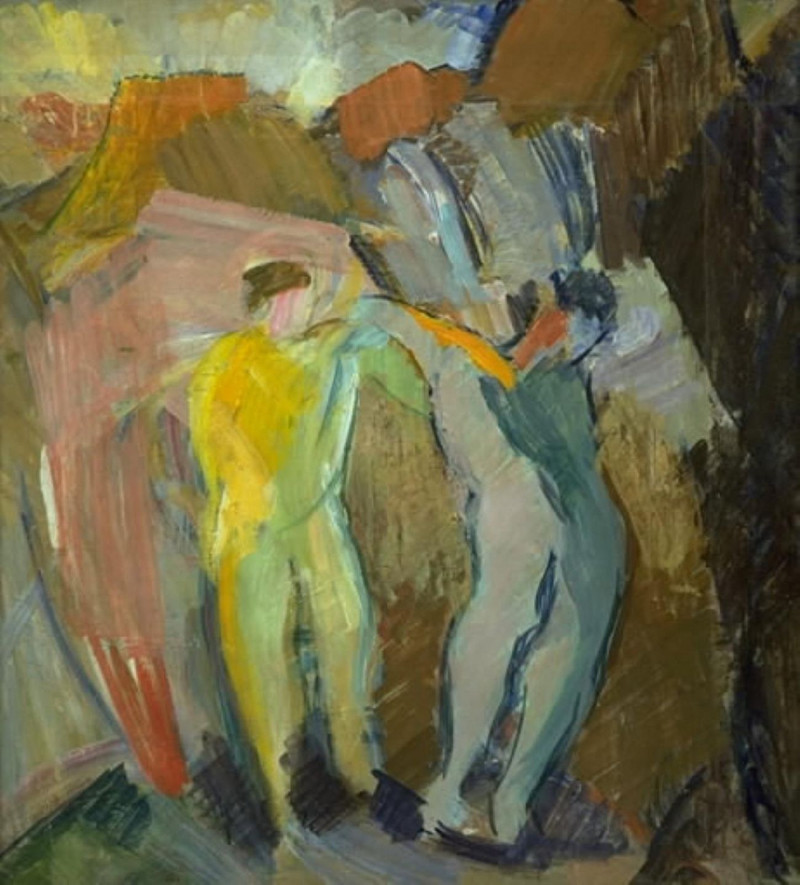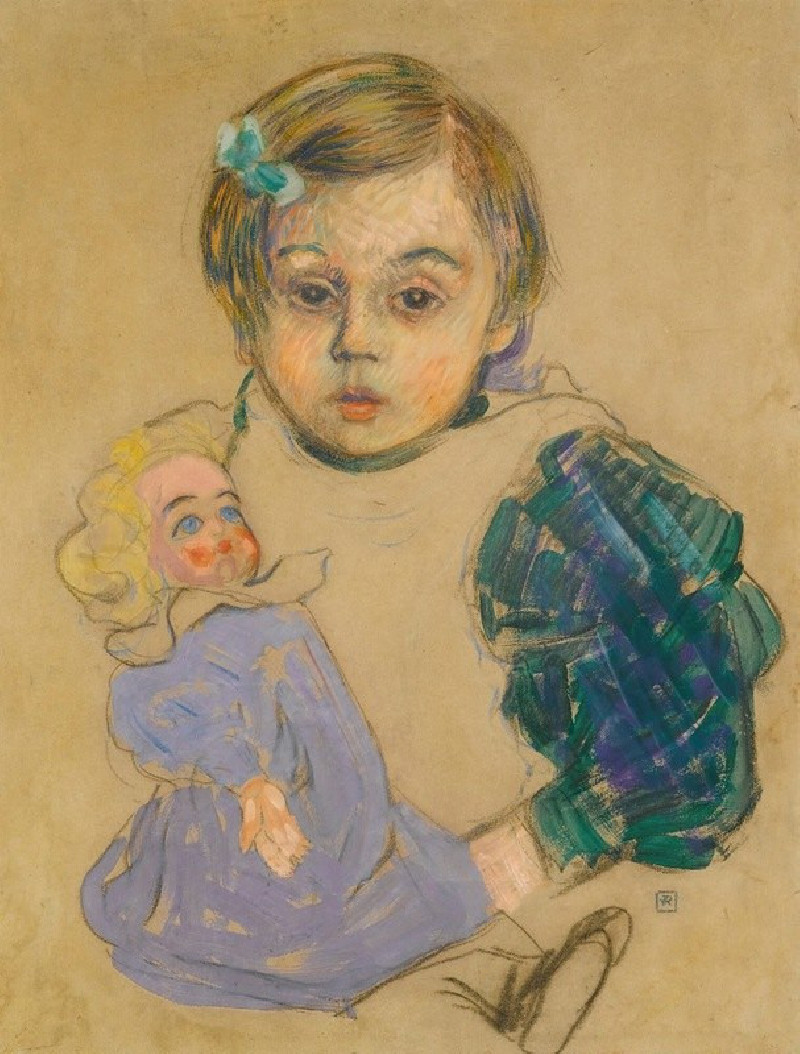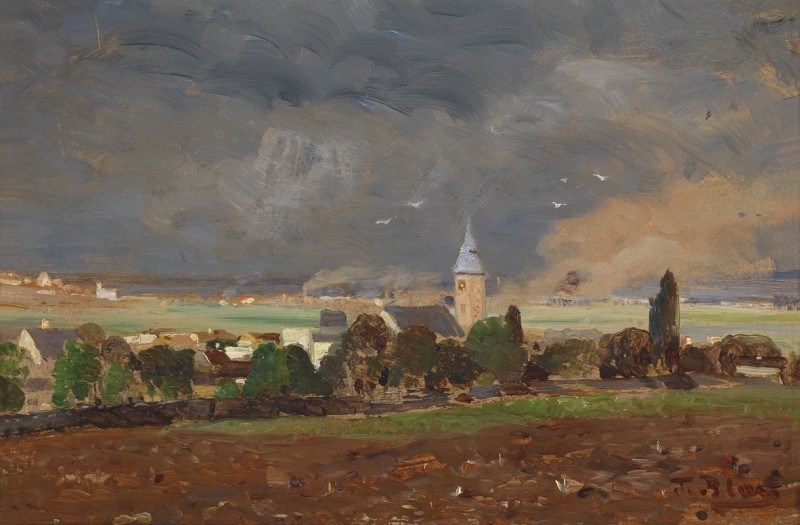Cosmic Allegory (Around 1660)
More about this artwork
Delivery
Reproductions are made to order and take 5 to 7 working days.
We send them out by courier and delivery takes another two working days.
If you need a reproduction sooner, please contact us - we can usually find a solution and produce it a little faster.
If you don't want to pay for postage, you can pick up your paintings at our galleries in Kaunas or Vilnius.
Returns
Yes, reproductions can be returned.
If you have any doubts more than 30 days after the date of purchase, please contact us - we will take the reproduction back for a refund or offer you a replacement!
We accept a maximum of two returns per customer - please note that we make reproductions to order, so please choose responsibly.
We do not refund shipping expenses.
Abraham Danielsz Hondius was a Dutch Golden Age painter known for his depictions of animals. He was the son of a city stonemason, Daniel Abramsz de Hondt.
Hondius was born in Rotterdam and trained under Pieter de Bloot (1601–1658) and Cornelis Saftleven. He lived in Rotterdam until 1659 and moved then to Amsterdam. He moved to London in 1666, where he spent the rest of his life. Hondius combined throughout his career several stylistic influences and struggled to develop a style of his own. He however specialised somehow in animal pieces: more than two-thirds of his paintings, etchings and drawings are hunting scenes, animals fighting and animal studies. He also executed landscapes, genre and religious scenes.
Hondius most likely moved to London in 1666 where he spent the rest of his life and died. He painted views of London such as The Frozen Thames and London Bridge. His last known work is Ape and Cat Fighting over Dead Poultry, dated 1690.




